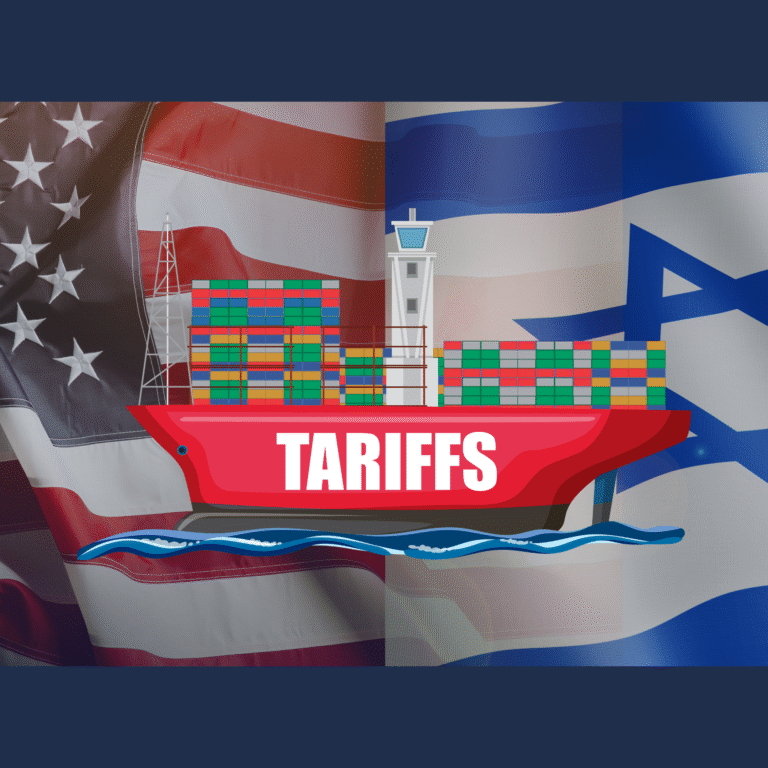

People have asked us whether they can keep their US bank accounts and brokerage accounts while living abroad. Getting your accounts closed is a real risk – so here’s what you need to know about brokerage accounts for non-US residents.
Let’s divide our response into two separate parts:
- US citizens living abroad, and;
- Non-U.S. citizens living abroad who want to invest or have money in the US.
But first, we’ve written these blogs about moving to and living in Israel which you may enjoy.
Checklist for moving to Israel
Financial planning for US citizens living abroad
Selling a house in Israel as a US citizen
Why US Expats should look before they leap into a Roth 401k
Compliance with reporting of foreign assets: tips for US expats to avoid stress
https://www.youtube.com/watch?v=gmWr1VZ90JY
Bank accounts for US citizens living abroad
Typically, one can retain one’s US bank account as a U.S. citizen. However, the main question is whether it is worth it.
- This depends upon factors such as minimum balances required, and how much one uses it. It is not worth paying a monthly fee for inactive bank accounts.
- It is important to research which are the cheaper options, as well as those that have better client service (which ironically with the advent of bots, online chat and other tech features, has gotten progressively worse).
- One should also note how easy or difficult it is to transfer money overseas.
- Given that you are an expatriate that cannot go to the local US bank branch, make sure to know whether there is a cheap online way to do so.
Many brokerage accounts offer limited banking features, such as a debit card, check writing, bill pay and tax pay services, ability to receive monthly inflows, such as pension and social security payments. In this case you may not need to keep your bank account.
Brokerage accounts for US citizens living abroad
In principle once again, U.S. expatriates may keep their US brokerage accounts and related investment accounts, such as 401k’s, Individual Retirement accounts and so on. In fact, we recommend that US citizens living abroad should keep their liquid investments in the United States. Selling them in order to move into foreign accounts could entail large capital gains tax, and distribution penalties and regular income tax if you liquidate and distribute your retirement accounts.
In addition, US citizens are essentially limited to holding individual stocks and bonds in foreign brokerage accounts, because foreign pooled vehicles (e.g., an Israeli mutual fund, or a Luxembourg registered UCITS fund or ETF) are subject to the punitive PFIC tax.
There are also additional disclosures such as FACTA and FBAR for US persons owning foreign investment assets, so best to keep it simple. Please see our blog on foreign asset compliance for more information.
Please note – many US brokerage firms will not allow you to keep your investment accounts with them, for reasons related to organization, compliance and cost. Many people get around this by simply keeping a US address, but this can backfire if the brokerage house finds out that you don’t live there, in which case you may be asked to move your accounts elsewhere immediately.
Fortunately, there are some US custodians that allow for foreign addresses (provided these are real and can be verified with a utility bill). Please reach out to us for further details.
Brokerage accounts in the US for non-US Citizens
Having a brokerage account in the US if you are a non-US citizen is possible with a few US custodians, provided they have done background checks and have verified that you a bona fide person with a real residence. The limitation for non-resident, non-US citizens in the US is the inheritance tax on account balances in excess of $60,000 (most bonds and foreign stocks are not counted for this calculation).
Should you have a brokerage account, then the above-mentioned limited banking services may also be offered.
Financial advice for expats
We are expat financial advisors located in Israel and the US, serving expats globally.
https://www.youtube.com/watch?v=-RqHE89TJZc
If you are moving to Israel or another country and don’t know where to start when it comes to the financial side of things, or hold US or foreign assets and need help figuring out your retirement as an expat, please contact us.
Have questions about retiring in Israel? We’re having a series of webinars on this topic. We’re also publishing blogs on this subject.
JOIN the newsletter list here to stay informed.
Disclaimer
Nardis Advisors LLC (“Nardis”) is a Registered Investment Advisory Firm regulated by the U.S Securities and Exchange Commission in accordance and compliance with applicable securities laws and regulations. Registration does not imply a certain level of skill or training. Nardis does not render or offer to render personalized investment advice through this medium. The information provided herein is for informational purposes only and does not constitute financial, investment or legal advice. Investment advice can only be rendered after delivery of the Firm’s disclosure statement (Form ADV Part 2) and execution of an investment advisory agreement between the client and Nardis.





